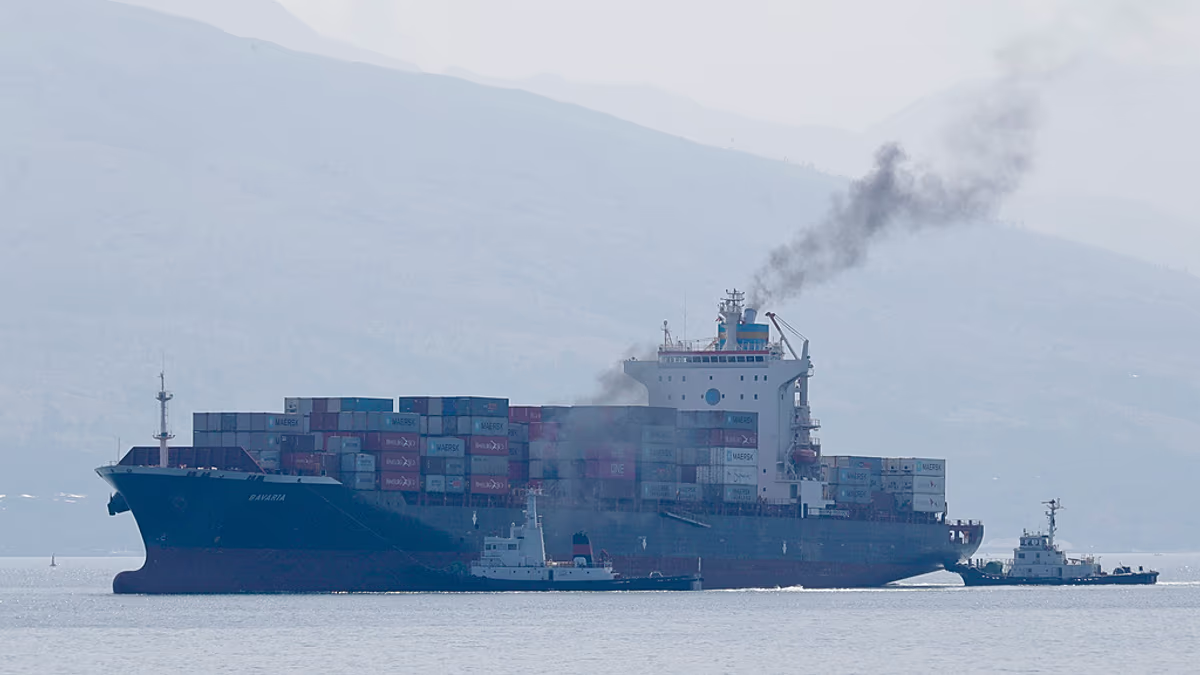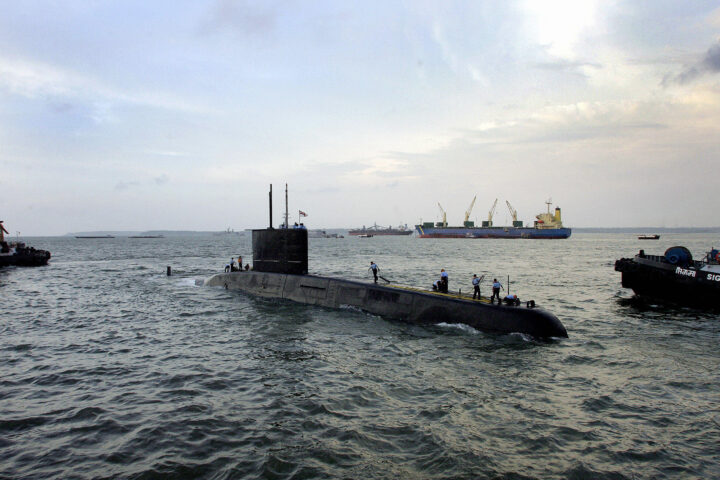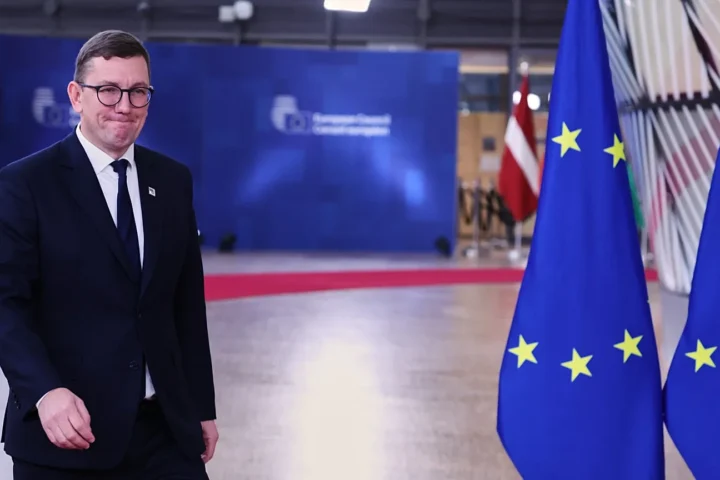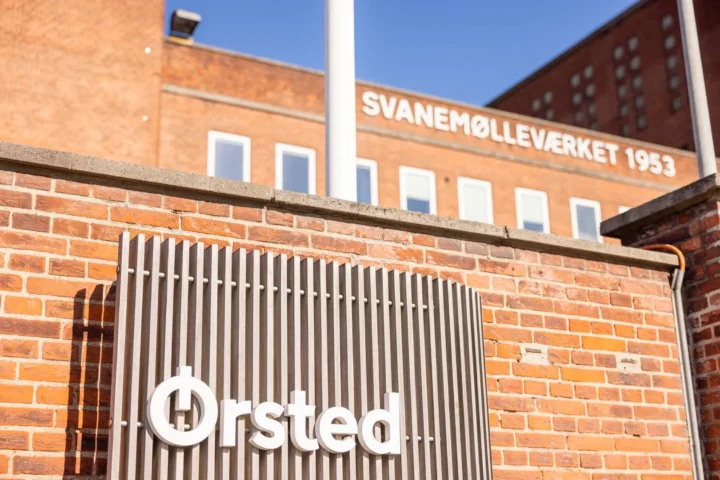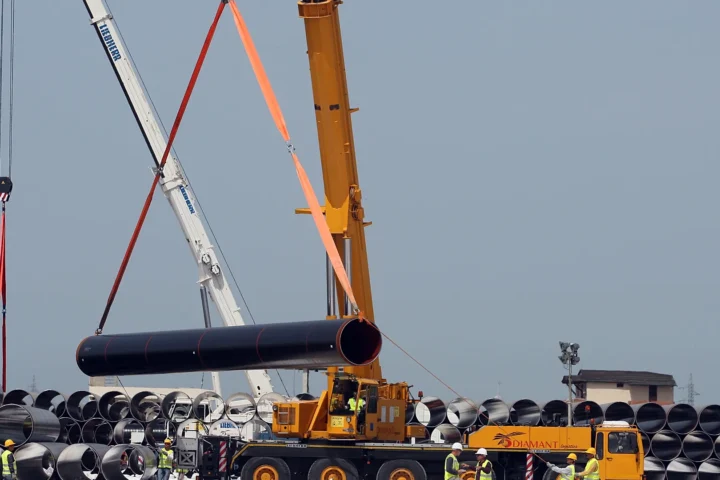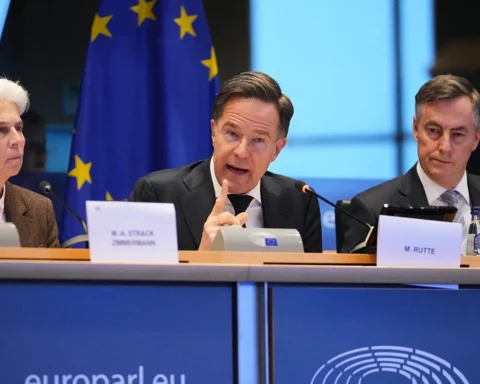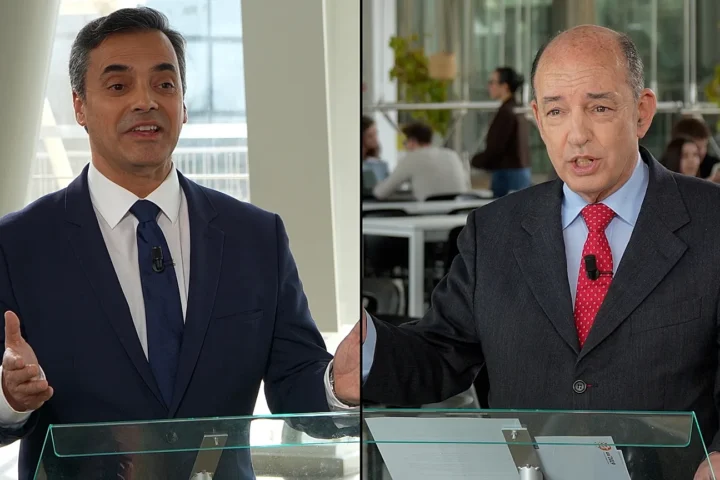The European Commission has unveiled a €3 billion funding initiative aimed at accelerating the production and adoption of green fuels for aviation and maritime transport, signaling a major step in Europe’s drive to reduce greenhouse gas emissions in sectors that have proven difficult to decarbonize.
The Scope of the Green Fuel Initiative
The €3 billion program, part of the European Union’s broader climate and energy strategy, will focus on sustainable aviation fuels (SAF) and green maritime fuels, including biofuels, e-fuels, and ammonia-based alternatives. These fuels are considered crucial for achieving the EU’s climate neutrality goals by 2050, particularly in sectors where electrification remains technologically challenging.
“Aviation and shipping are responsible for a significant share of Europe’s emissions,” said European Commissioner for Energy Kadri Simson. “This investment will help reduce dependency on fossil fuels, promote innovation, and accelerate Europe’s transition to sustainable transport.”
Objectives and Expected Impact
The initiative aims to:
- Scale up production: Support the development of production facilities for SAF and green maritime fuels across Europe.
- Stimulate demand: Provide incentives for airlines and shipping companies to adopt low-carbon fuels.
- Foster innovation: Encourage research and development in next-generation fuels and related technologies.
- Strengthen EU energy independence: Reduce reliance on imported fossil fuels while promoting domestic renewable energy sources.
Analysts estimate that if successfully implemented, the initiative could cut emissions from aviation and shipping by up to 20–30% by 2030, contributing substantially to Europe’s broader climate targets.
Industry and Stakeholder Reactions
The announcement has been welcomed by industry players, environmental groups, and policy experts alike:
- Airlines: Major European carriers have expressed interest in SAF adoption, citing increasing regulatory pressure and corporate sustainability commitments.
- Shipping companies: Firms in the maritime sector see green fuels as a way to meet International Maritime Organization (IMO) 2030 and 2050 targets while remaining competitive.
- Environmental NGOs: Advocacy groups have praised the move but emphasize that ambitious policy enforcement and carbon pricing will be necessary to ensure meaningful emissions reductions.
“This initiative is a significant step toward decarbonizing two of the hardest-to-abate sectors,” said Dr. Lukas Mayer, a sustainable transport analyst. “However, scaling up production and creating a viable supply chain will be key challenges.”
Funding Mechanisms and Implementation
The €3 billion will be allocated through a combination of grants, loans, and public-private partnerships. The Commission has signaled that priority will be given to projects that demonstrate high scalability, technological innovation, and regional economic benefits.
- Air transport: Funding will target SAF production facilities, blending infrastructure, and airport adoption programs.
- Maritime transport: Investment will support green fuel bunkering facilities, vessel retrofitting, and R&D in alternative propulsion systems.
The program will also leverage the EU’s Innovation Fund and other climate finance instruments to attract additional private-sector investment.
Challenges and Considerations
Despite the ambitious plans, experts caution that several challenges remain:
- High production costs: Green fuels are currently more expensive than conventional fossil fuels, requiring subsidies or carbon pricing to remain competitive.
- Infrastructure gaps: Airports, ports, and refueling networks will need significant upgrades to handle new fuel types.
- Regulatory alignment: Ensuring consistent EU-wide standards for SAF and green maritime fuels will be critical to prevent fragmentation of the market.
“Financial incentives alone are not enough,” Mayer added. “Coordinated policy, investment in infrastructure, and technological innovation must all align to make these fuels commercially viable.”
Strategic Significance for Europe
The initiative also carries strategic importance, enhancing Europe’s energy security and supporting domestic renewable energy industries. By investing in local production of green fuels, the EU aims to reduce its dependency on imported oil and gas, especially in the wake of geopolitical uncertainties affecting energy markets.
Furthermore, the initiative aligns with the European Green Deal and the EU’s Fit for 55 package, which seeks to reduce net greenhouse gas emissions by 55% by 2030.
Looking Ahead
The next steps involve project selection, funding allocation, and coordination with member states to ensure that investments are directed toward the most promising technologies and regions. Industry observers expect that the initiative could spur significant innovation and collaboration between the public and private sectors, potentially positioning Europe as a global leader in sustainable fuels for aviation and maritime transport.
“This is a transformative moment for Europe’s transport sector,” said Commissioner Simson. “By accelerating the adoption of green fuels, we can reduce emissions, create jobs, and strengthen our leadership in sustainable energy technology.”
The coming years will reveal whether this €3 billion push will deliver tangible emissions reductions, expand the green fuel market, and set a precedent for global efforts in decarbonizing aviation and shipping.
